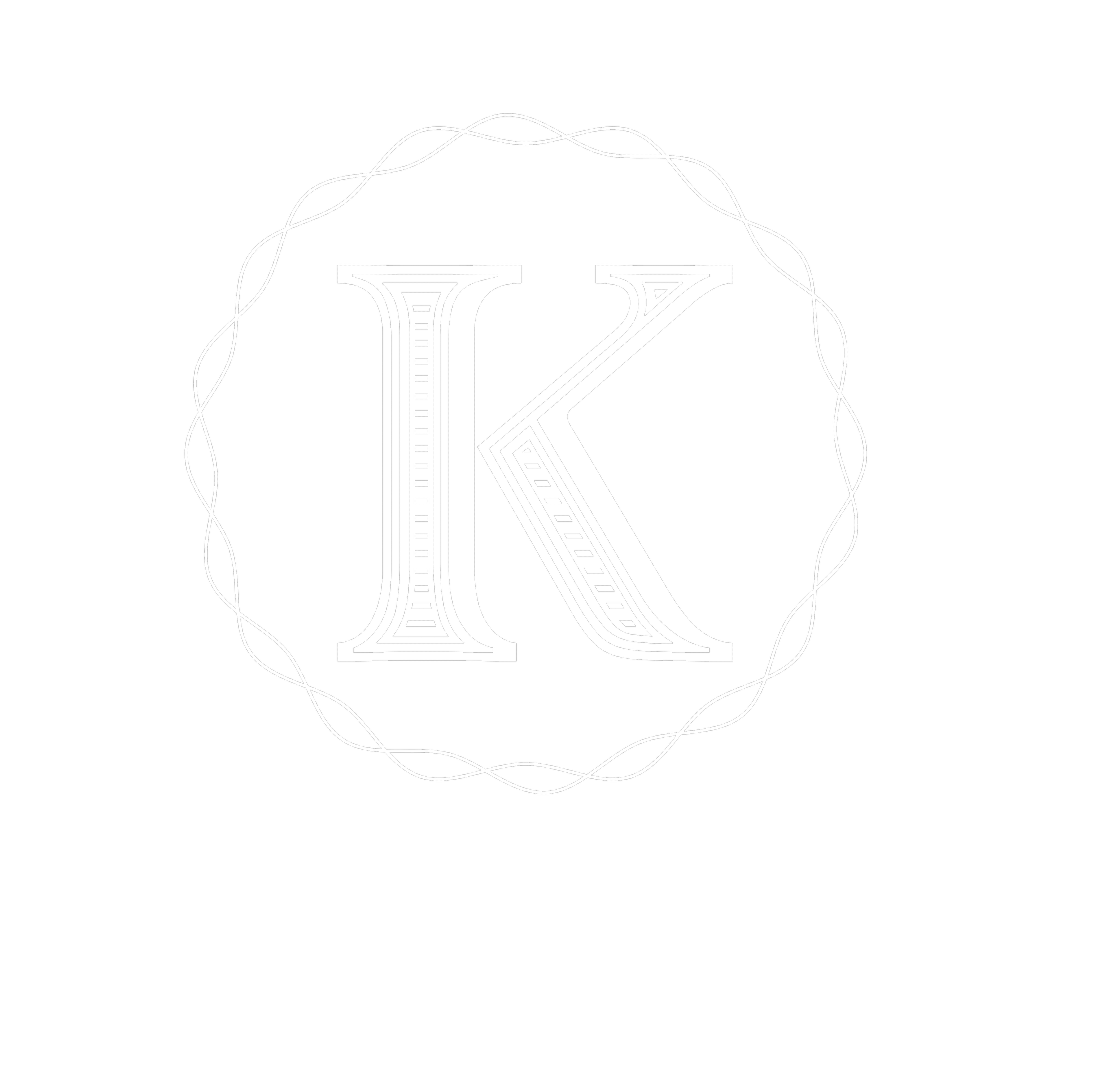Navigating Common Accounting Questions for Your Business
Michel Knott
Running a successful business involves a lot more than just providing great products or services. Managing your finances, understanding tax implications, and making informed decisions about your business structure are all crucial aspects of entrepreneurship. In this blog post, we're going to address some common accounting questions that business owners often grapple with.
1. Choosing the Right Business Structure
If you're planning to start a new business, one of your first decisions should be choosing the right business structure. The most common options include sole proprietorship, partnership, LLCs, and corporations. Your choice will depend on your long-term goals and expectations. Sole proprietorships are suitable for single owners, while partnerships and corporations are great for those looking to share ownership or raise capital. Limited Liability Companies (LLCs) offer a balance between liability protection and simplicity. It's important to note that the structure you choose will impact your accounting and tax responsibilities, so make this decision carefully.
2. Employee or Independent Contractor?
Determining whether someone working for you is an employee or an independent contractor is essential. The IRS has specific criteria for this classification. Independent contractors have more control over their work, set their rates, and typically do not receive company benefits. Make sure to check your state's regulations, as they can be even stricter. If you classify someone incorrectly, it can lead to tax and legal issues. If you determine that your workers are employees, you might need assistance with payroll processing.
3. Managing Your Own Bookkeeping
You can certainly manage your own bookkeeping, especially if you have a good grasp of accounting principles. Start by setting up a separate bank account for your business to monitor revenue and expenses effectively. However, if you're not comfortable or need help, don't hesitate to reach out to expert bookkeepers who can assist you in managing your books accurately.
4. Cash Basis vs. Accrual Basis Accounting
The choice between cash basis and accrual basis accounting depends on your business's size and complexity. Cash basis is simpler, recording expenses when they are paid, and revenue when received. It's suitable for businesses with less than $25 million in revenue. On the other hand, accrual basis provides a more comprehensive financial picture, but it can be more complex. Under this method, you record expenses and revenue when they are earned, not when the money changes hands. The choice between the two depends on your business needs and size.
5. Minimizing Taxes
Reducing your tax liability is a goal for most businesses. The key is to ensure that you're accurately recording all your allowable expenses. Keep a separate "ask your accountant" expense account for items you're unsure about. Additionally, explore tax credits that may apply to your business activities, such as research and development credits or solar credits. When tax season rolls around, these credits can significantly reduce your tax burden.
6. Avoiding Audits
While there's no foolproof way to avoid an audit, maintaining detailed records of your income and expenses can help minimize the risk. Ensure that all income is recorded and that you only deduct allowable expenses. Thorough and accurate record-keeping will be your best defense if the IRS ever decides to audit your return.
These common accounting questions are just the tip of the iceberg when it comes to managing the financial aspects of your business. Don't hesitate to seek professional advice and assistance as needed. By making informed decisions about your business structure, worker classifications, bookkeeping methods, tax strategies, and audit risk management, you can build a strong financial foundation for your business's success. Remember that your accountant is a valuable resource for helping you navigate these complex financial matters and ensuring your business remains financially sound. If you have more questions or concerns, don't hesitate to reach out – we're here to help!

